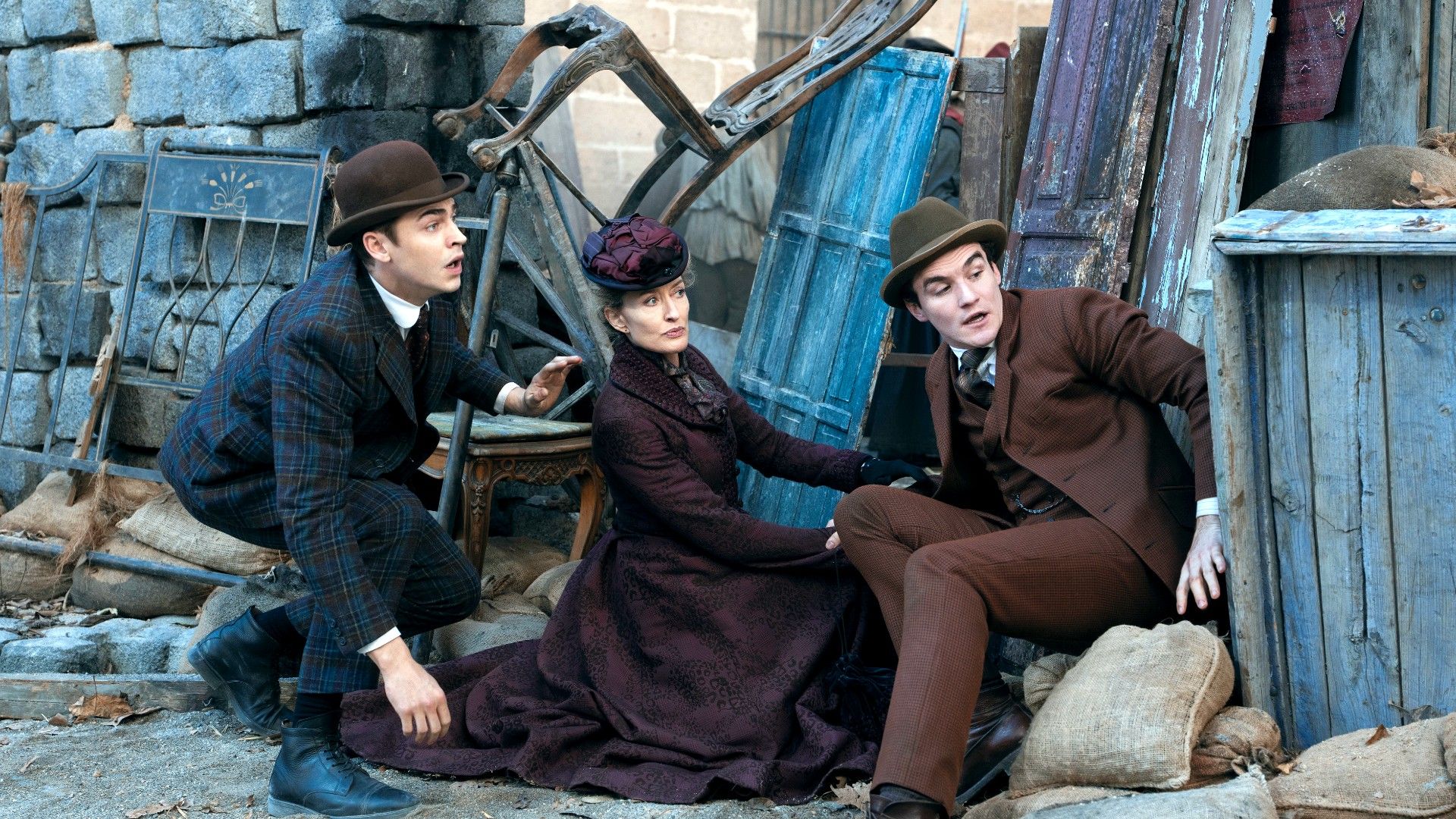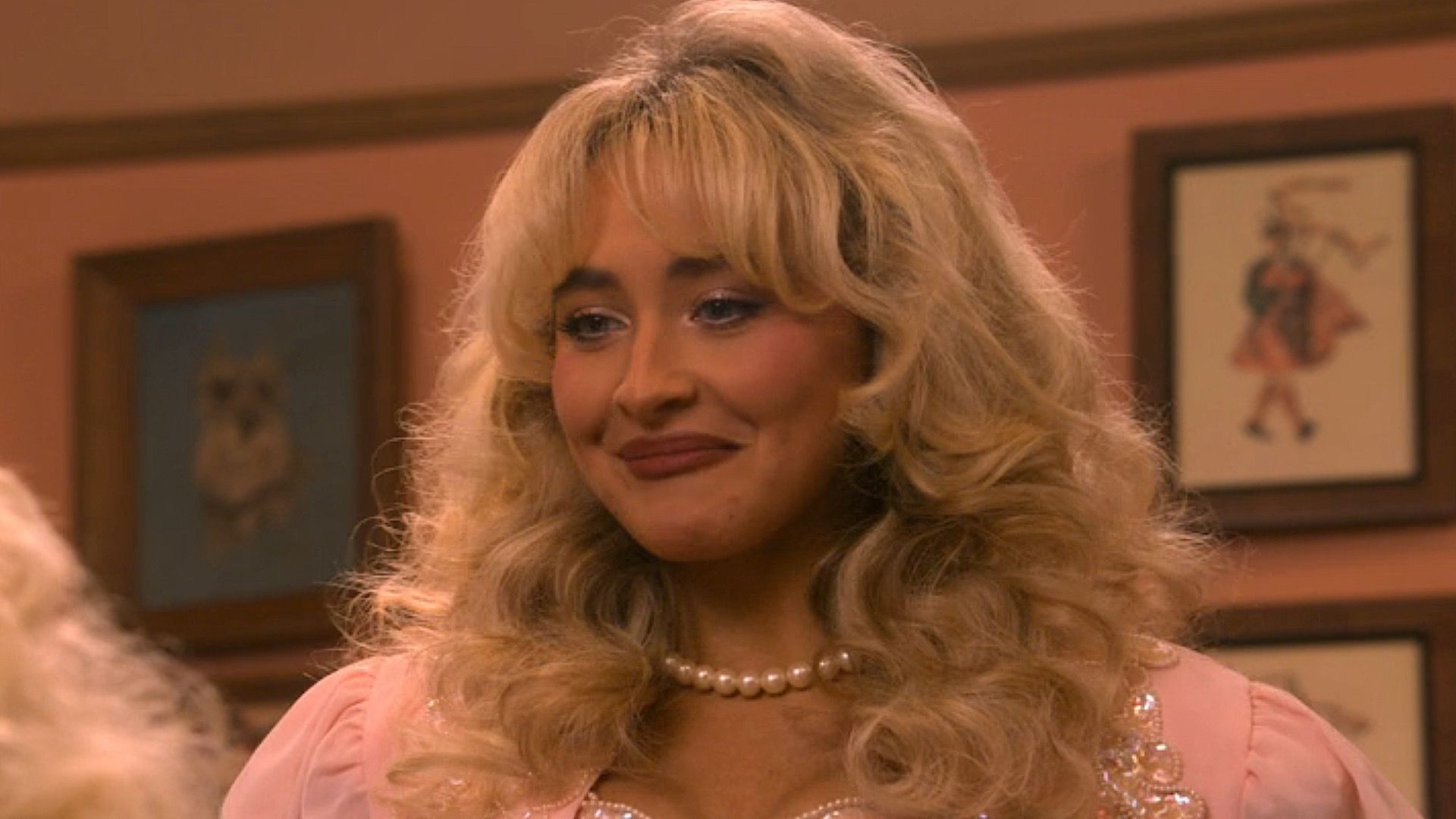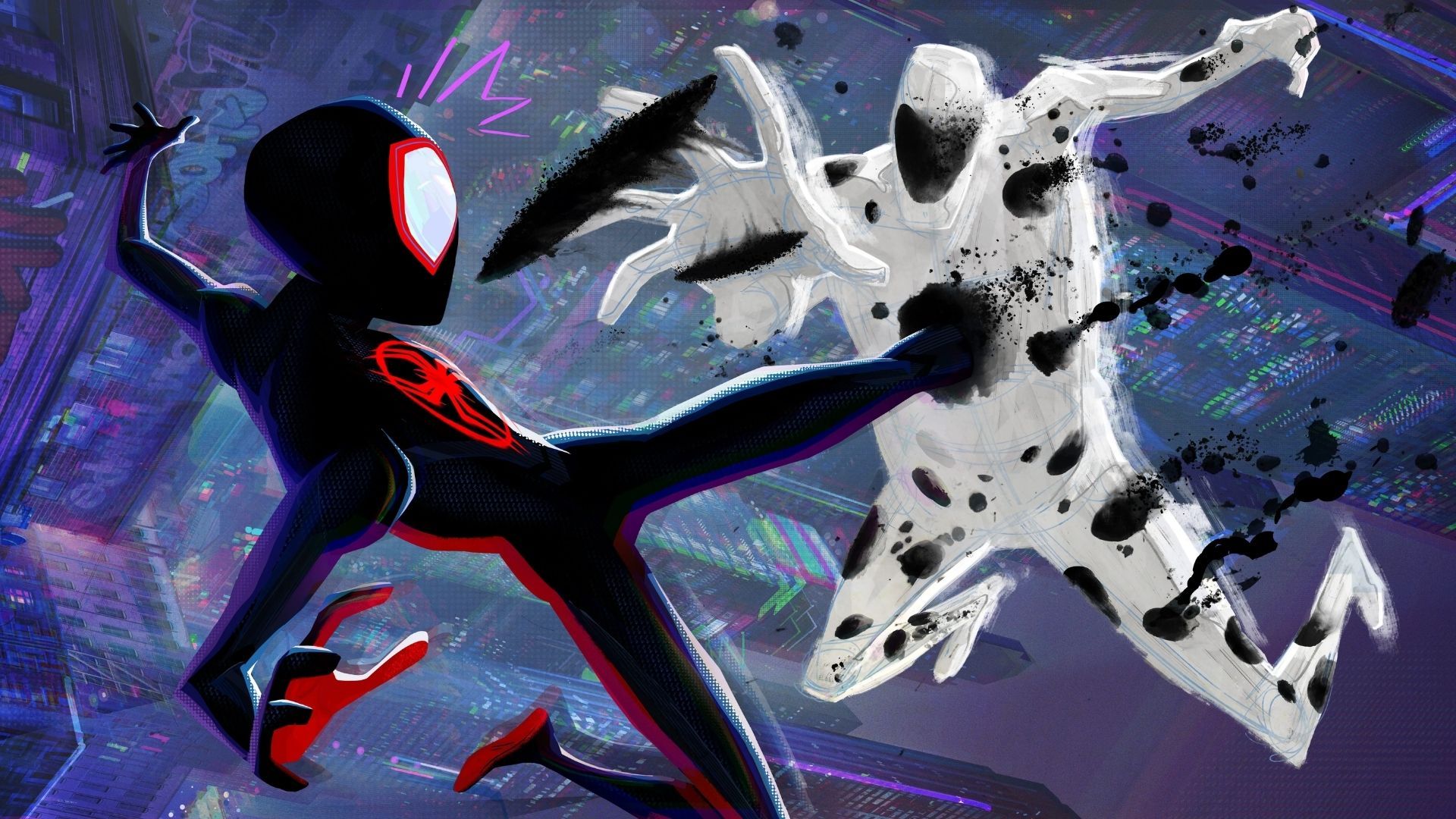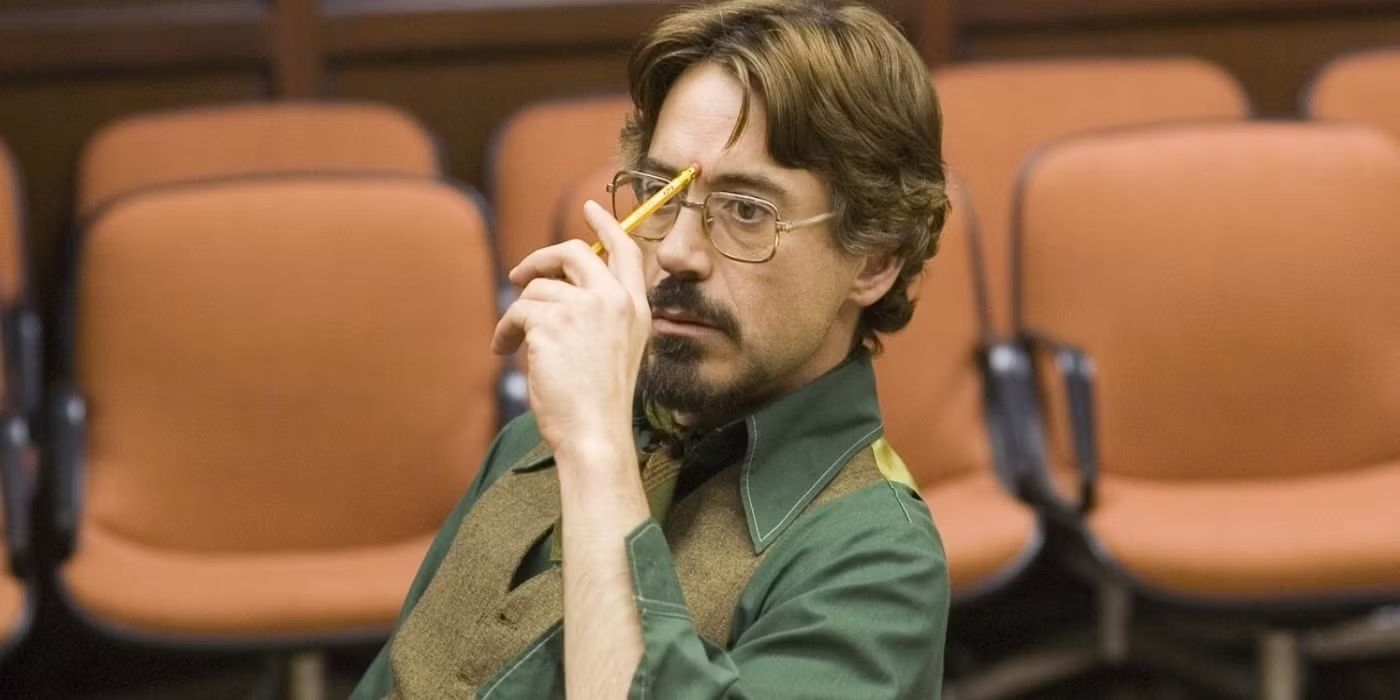U.K. Government Finds Reason to Object to Children Seeing Disney Content
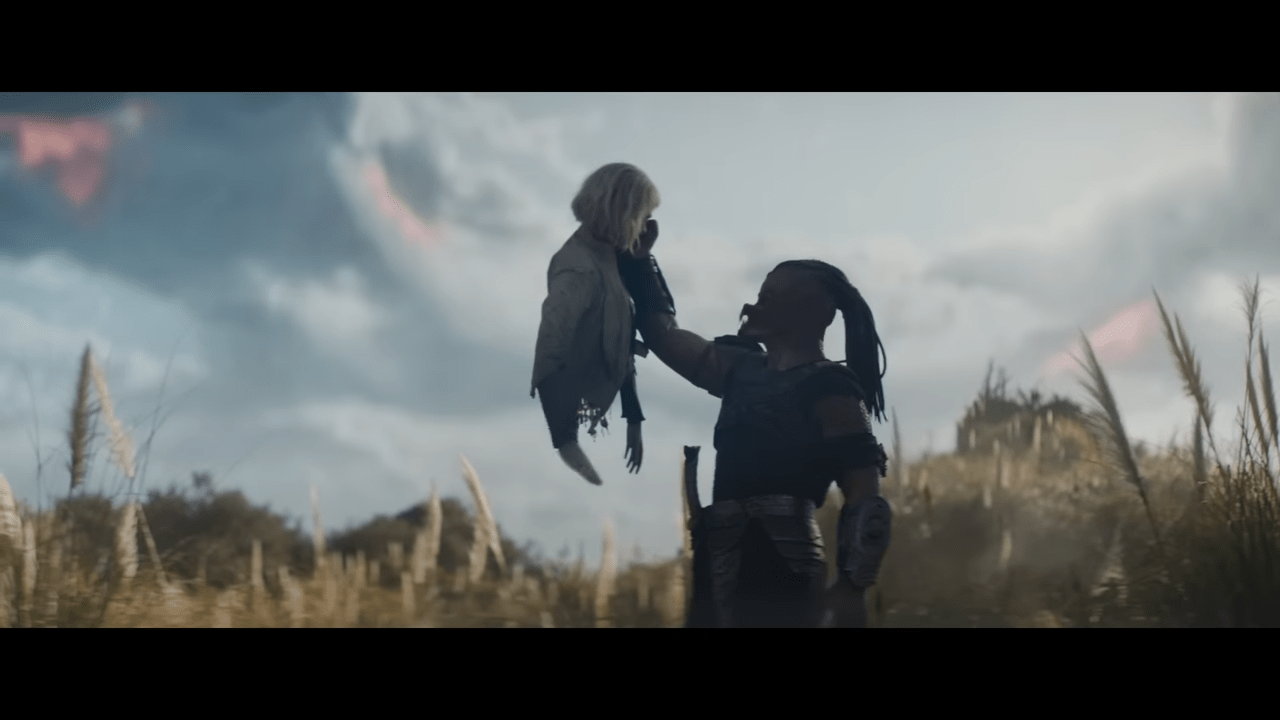
When Disney bought 21st Century Fox (now Twentieth Century Studios), they also gained ownership of the Predator franchise. Disney is bringing all of its various properties together under one company, which means the family-friendly company now also controls some more adult and action-oriented franchises.
